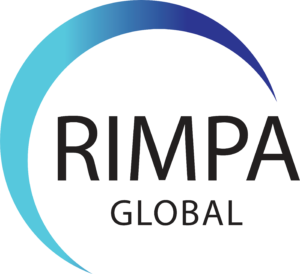Due to the increase in digital record-keeping in almost all industries, effective record management is more vital than ever. Hybrid and work-from-home workplaces are no longer a trend but a reality that needs to be supported by access to records. Employers highly value applicants with the necessary skills to manage information management platforms and implement security protocols that are practical and effective.
Post-pandemic record keeping
A career in records and information is well-protected from the impacts of COVID-19 in the workplace. The pandemic has proven how vital it is to keep a proper record of systems and information, and the importance of strong professionals in the industry. There is also an opportunity for hybrid and remote work due to the nature of roles in this industry.
Record-keeping positions in the health industry, such as medical receptionist, are projected to grow by 2% in the next 5 years.* Medical records administrator job growth is expected to grow by 7% in the next 5 years, too. This makes it a safe career choice for those looking for long-term growth, career progression, and job security.
*Seek
Accurate record keeping
Businesses are becoming more aware of the cost of bad record-keeping. According to Business.com, document challenges account for 21.3% productivity loss*. To put a number on this, time wasted on document challenges is costing organisations almost $20K per worker, per year. (GO Nitro, 2015)
This highlights the vital importance of having a skilled, qualified records manager in a business.
*(Source: https://www.armstrongarchives.com/records-management-statistics/)









